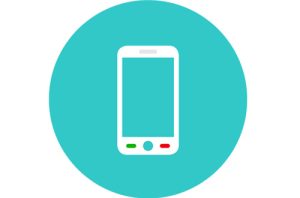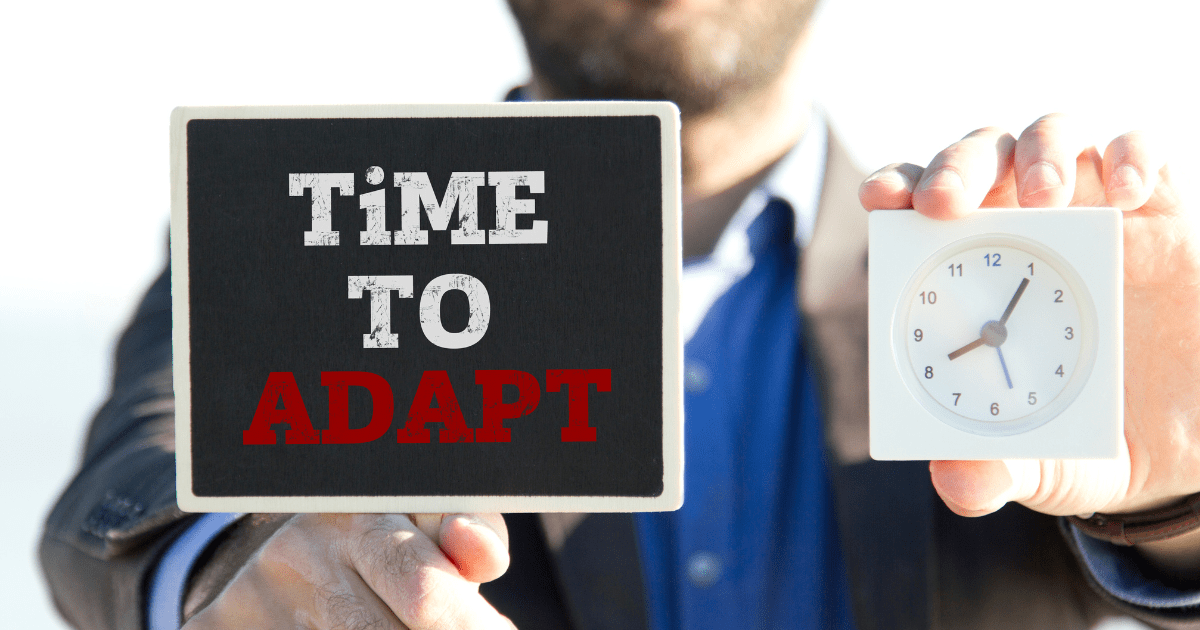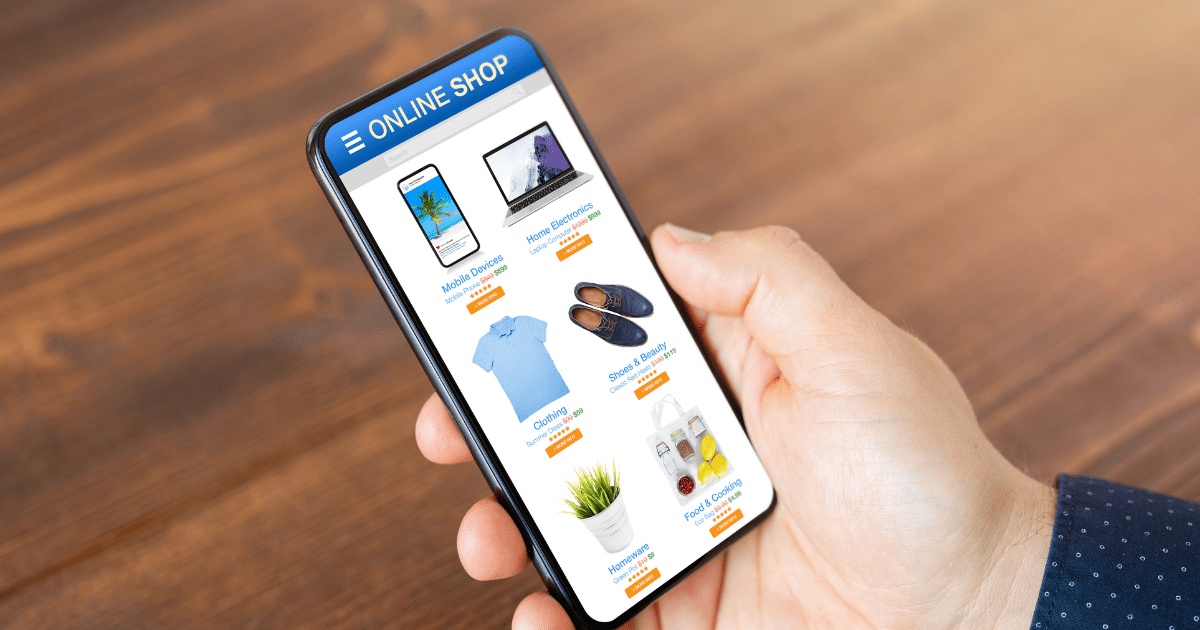
There is no denying that customer loyalty programmes are big business, especially in the retail sector. In South Africa, the loyalty program market in the past decade swelled to more than 80 programmes, with about 15 million people belonging to a loyalty scheme.
Businesses are happy to reward customers in view of clear benefits of repeat purchase, increased wallet share and lifetime value. Brands want to become more customer-centric and learn about their customer preferences or behaviour through the loyalty program of their choice.
Old versus new
There are many challenges with traditional loyalty programs, such as the accumulation of accrued points over time, which are an ongoing liability, until such time as the rewards are claimed. The costs associated with producing plastic cards and distributing them, as well as customer education via in store staff, brochures and other marketing is quite expensive and often not as effective.
In addition, many customers have many cards in their wallet and do not really read the rules of the program or the brochures.
“It is only a matter of time before plastic cards completely make way for apps and rewards programmes which are integrated into social media”
Mobile loyalty
Mobile provides new opportunities for customer loyalty, due to its reach and effectiveness throughout the entire purchase cycle and post purchase. It is safe to say that today’s mobile devices are rapidly becoming our generation’s most ubiquitous technologies.
This due to the fact that mobile is a personalised device that is always with the consumer and it make sense that instead of a plastic card, the identification of a customer would be done via a mobile app.
It is only a matter of time before plastic cards completely make way for apps and rewards programmes which are integrated into social media.
With this, the lines between social media and location-based marketing continue to blur, so much so that the term SoLoMo – social, local, and mobile – has become part of the marketing lexicon.
“The average South African today is a member of at least 5 loyalty programs”
Whether it is supermarkets offering individualized loyalty-linked product pricing, based off a host of mobile-gathered shopper spending habits and purchases, or restaurant chains encouraging loyalty members to “earn social points” by having members post pre-populated comments about the restaurant and their dining experience on their Facebook, Twitter and foursquare accounts, it is clear that more brand marketers are getting the message.
Loyalty marketers should be breaking through corporate silos to get their loyalty programs integrated into their mobility strategy to drive incremental behaviour.
As part of an omni-channel loyalty approach, it is important to integrate loyalty wherever customers want to engage with the brand’s loyalty program – and that means in the moment.
“The average South African today is a member of at least 5 loyalty programs”
Going mobile shouldn’t even be a question anymore
Surveys demonstrate that loyalty members are eager to merge their numerous membership programs into the mobile ecosystem – the average South African today is a member of at least 5 loyalty programs.
Forrester calls it an “era of pervasive interactivity” and their research shows that 60 percent of Gen Yers (23-31) and Gen Zers (18-22) are considered “always-addressable customers” (AAC). Mobile can and should be the answer for the AAC.
Reduction in costs
Mobile programmes can also offer a reduction in cost per customer. Mobile coupons, for example, deliver rewards directly to a customer’s device, allowing them to redeem their points when and where they are needed.
Location based marketing
Greater location relevance is another reason to embrace mobile. This means consumers can receive contextual offers when in the shopping centre, going out for dinner, or at an event, and as the offers are more relevant the conversion ratio of offer to purchase is greatly enhanced.
Looking ahead
Of course, even as loyalty marketers embrace mobile’s potential, there are still other hurdles to overcome as the technological frontier continues to expand. Not only do consumers want their loyalty programs mobile to lighten their cluttered real-world wallets, but the resulting app clutter is becoming an issue too.
We can avoid ‘app apathy’ by making sure the mobile loyalty program offers real value through integration with the point of sale, the mobile wallet can be used in real time to redeem relevant offers at the point of purchase via NFC, or QR Code redemption.
We cannot forget the importance of delivering a quality, engagement-filled experience for monetised and non-monetised elements alike.
Considering that mobile devices are arguably as much gaming tools as they are portable phones, social media connectors, web browsers and on-the-go organisers, gamification should be an important loyalty consideration.
“Personalised mobile loyalty programs can make customers feel truly valued and special”
Big data
Mobile as it relates to loyalty is not just a game-changer, it is practically re-writing the laws of loyalty and how the consumer-marketer game is played.
By personalising a loyalty programme through analysis of customer data and insight gained based on purchase behaviour, brands have the greatest potential to succeed.
Take, for example, a local restaurant. Once a customer has signed up for a loyalty program, they could receive a message saying: “Buy one today and get this free or receive 20% off your next purchase”. While tempting, a personalised call for action would be even stronger if it is based on customer preference, “Hey Yaron, why not burn a few of your 500 loyalty points and buy a Berry Smoothie or while you are in Sandton City come in and get 25% off our vegan meal today only!”
Personalised mobile loyalty programs can make customers feel truly valued and special and this connection can close the loyalty gap.
About the author: Yaron Assabi is the founder of the Digital Solutions Group and BroadBrand one of the leading innovators in the ICT and communications industry. Yaron is also a member of the Advisory Board at Mobile Marketing Association South Africa.


